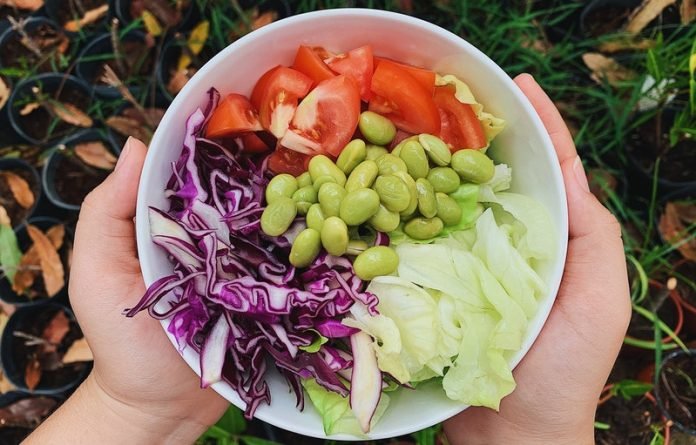
While cognitive abilities naturally diminish as part of the normal aging process, it may be possible to take a bite out of this expected decline.
Scientists from Rush University found that eating a group of specific foods known as the MIND diet may slow cognitive decline among aging adults, even when the person is not at risk of developing Alzheimer’s disease.
They found that older adults who followed the MIND diet more rigorously showed an equivalent of being 7.5 years younger cognitively than those who followed the diet least.
The research is published in Alzheimer’s & Dementia: The Journal of the Alzheimer’s Association and was conducted by Martha Clare Morris et al.
MIND diet’s full name is Mediterranean-DASH Diet Intervention for Neurodegenerative Delay.
As the name suggests, the MIND diet is a hybrid of the Mediterranean and DASH (Dietary Approaches to Stop Hypertension) diets. Both diets have been found to reduce the risk of cardiovascular conditions, like hypertension, heart attack, and stroke.
A previous study by the research team found that the MIND diet may reduce a person’s risk of developing Alzheimer’s disease.
In the study, the team evaluated cognitive change over a period of 4.7 years among 960 older adults who were free of dementia on enrollment.
The study participants received annual, standardized testing for cognitive ability in five areas – episodic memory, working memory, semantic memory, visuospatial ability, and perceptual speed.
The team found to adhere to and benefit from the MIND diet, a person would need to eat at least three servings of whole grains, a green leafy vegetable and one other vegetable every day—along with a glass of wine—snack most days on nuts, have beans every other day or so, eat poultry and berries at least twice a week and fish at least once a week.
In addition, the study found that to have a real shot at avoiding the devastating effects of cognitive decline, he or she must limit intake of the designated unhealthy foods, especially butter (less than 1 tablespoon a day), sweets and pastries, whole fat cheese, and fried or fast food (less than a serving a week for any of the three).
Berries are the only fruit specifically to be included in the MIND diet. Blueberries are one of the more potent foods in terms of protecting the brain.
Strawberries also have performed well in past studies of the effect of food on cognitive function.
The team says the MIND diet modifies the Mediterranean and DASH diets to highlight the foods and nutrients shown through the scientific literature to be linked to dementia prevention.
If you care about nutrition, please read studies about how to reverse heart failure with diet, and this diet linked to lower death risk in older people.
For more information about nutrition, please see recent studies that blueberries strongly benefit people with metabolic syndrome, and results showing Omega-3 supplements could improve memory functions in older people.
Copyright © 2022 Knowridge Science Report. All rights reserved.



